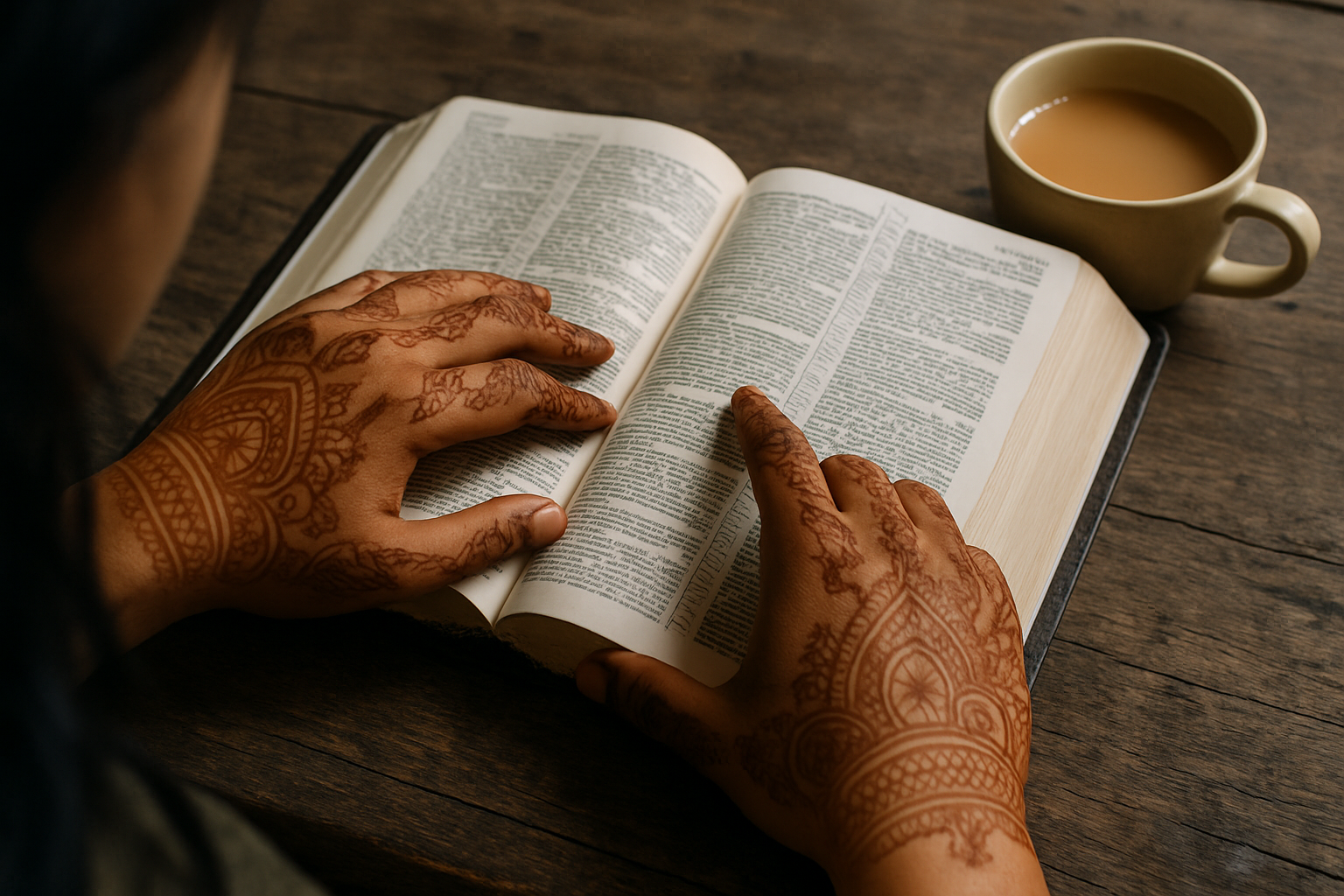
From Preacher's Kid to Movement Catalyst
Sun Aug 03 2025
Lauren was the daughter of a pastor in a small town American church. Her life wasn’t like all those other preachers’ kids. She never rebelled. She loved it. Growing up, the church housed in a beautiful yet humble building was a staple of small town life and a place of security. Eventually, she went on to become a missionary in South Asia.
When her and her husband arrived, she was hit with culture shock like she had never imagined. The bustling Asian city where she lived was nothing like the small town where she grew up. The streets hummed with dense crowds of people, and the sound of car horns filled the air. There was a shrine on every street corner, and people performing rituals she didn’t understand. She wanted to see God move in powerful ways in this shocking, but beautiful country, but deep down, she struggled with an even more personal question.
“How can I possibly be a good missionary in a place like this, knowing where I came from?
Her husband was on his own journey. As someone who enjoys change much more than her, he dove into the nuances of the culture and began to wrestle with fundamental questions such as, “what is the gospel, really?” She worried her husband was becoming a heretic! Yet, he would come home and share the things he was discovering in the Bible.
They discussed how church isn’t really a building; it’s people. So, does that mean the church has to meet in a certain kind of place? What about at home or under a tree? They discussed how the Bible rarely seems to separate discipleship from evangelism. Jesus said to make disciples, not just proselytize to people. She had always thought of discipleship as something you do when someone becomes a believer, but what if you could disciple someone before they profess faith in Jesus? What is discipleship could be a tool to bring people to that confession, rather than follow up after it?
She was surprised to find that many of these idea actually seemed more similar to what was written in scripture than the paradigms she was used to. But still, she was afraid to share them with other believers back home. They just sounded too radical!
One day, she found herself sitting across the table from a Hindu woman. She was practicing a new technique, called discovery Bible study (DBS). In DBS, the goal isn’t to teach people your own knowledge of the Bible. Instead, it’s to ask open-ended questions about scripture to help others discover their own faith. She didn’t expect much as she sat with the woman and asked simple questions like, “what does this teach us about God” and “How can we put into practice what we are reading in this story?”
But she was wrong.
As this woman who had never met a Christian explained what she saw in the passage, Lauren began to feel overwhelmed. The woman’s answers to each question were so insightful, in ways Lauren could never expect. Though her perspective on the Bible story was completely in line with Biblical truth, she expressed an understanding from a point of view Lauren had never considered. This Hindu was actually teaching her (the preacher’s kid) about Jesus!
Lauren decided that day that she was all in on DBS and disciple making. She would do DBS with them and encourage them to replicate it for their friends and family. It seemed so simple! Yet, she found it difficult to disciple local friends with DBS. Local non-believers did not want to meet as soon as she asked them if they could do DBS with their families. “It’s too complicated,” they said. “Maybe you can just come and do it for us!” So she trained local believers to practice DBS. But they often left out important parts of the meeting, like asking others to put into practice what they were learning.
Later, Lauren and her husband found out about the Waha app, which facilitates DBS simply by pushing a button. They asked a visiting short-term team to give it a try. Lauren didn’t think much would come of it, until the team was leaving and reported that their translators were consistently meeting to do DBS. They were even sharing it with their families!
Lauren found herself in the middle of something only God could do. But mor importantly, she realized that being a “good” missionary, really just means to be more open to what God is doing in people of all backgrounds, and using that to build a relationship of mutual trust and learning that grows both people toward greater faith in Jesus. She doesn’t worry about being a good missionary anymore.
Have a story we could feature?
Is God doing something incredible in your community? We’d love to hear from you.
Share a Story